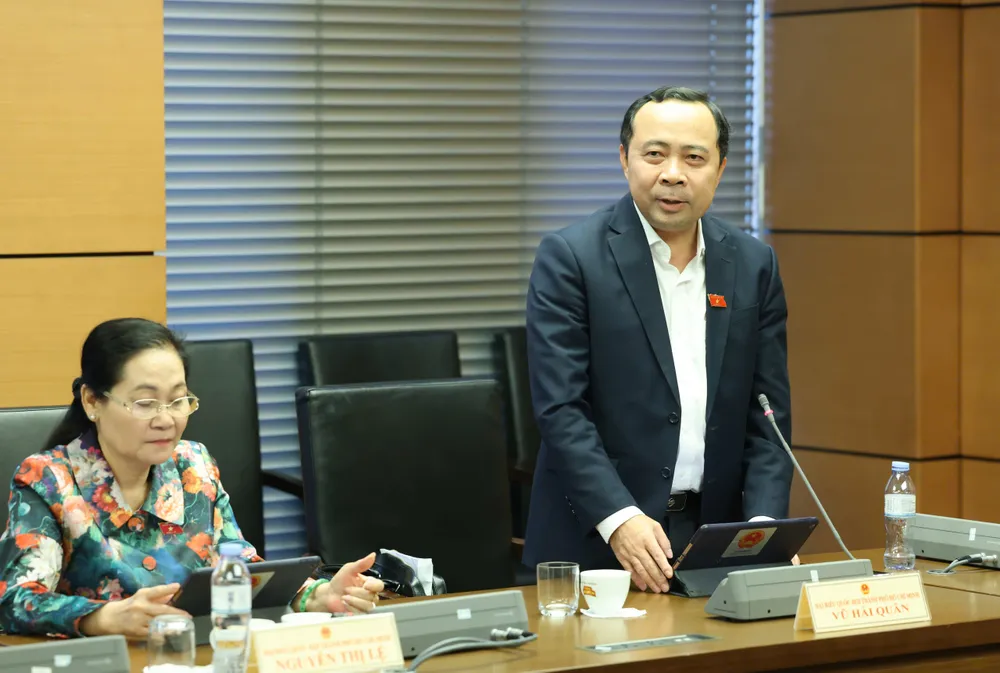
Commenting on the draft Law on High Technology (amended), Deputy Tran Hoang Ngan (HCMC) said that HCMC had a high-tech park very early, 23 years ago, and its contribution value over the past time has been very large, especially the export value with high technology content. The Deputy assessed that the draft law has covered and updated the policies and viewpoints of the Party and State on the development of science and technology and the private economy .
Deputy Tran Hoang Ngan said that the list of "strategic technologies" mentioned in the draft needs to be updated, supplemented and periodically assigned to the Government in the direction of prioritizing and supporting the "core technology" and "microchip, semiconductor and biological technology" industries. In addition, technologies related to medicine, medical treatment, preventive medicine and agriculture need to be considered as strategic technology industries.
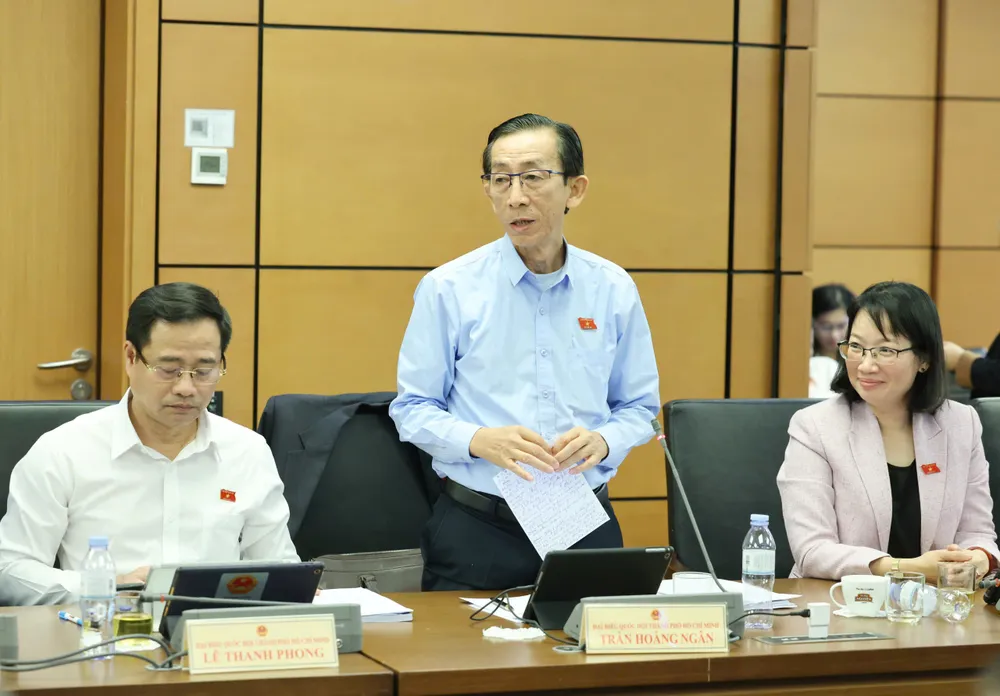
Deputy Pham Khanh Phong Lan (HCMC) said that the difficulty so far has been determining whether foreign technology entering Vietnam is high technology or not. In the country, the most difficult thing for technology and scientific research is the output for commercialization, bringing to the market, and realizing research results. Deputy Pham Khanh Phong Lan suggested that to solve the "output", the application of digital technology and high technology needs to follow a roadmap to change compared to the present.
"I read the draft law and still cannot solve this problem, which is how to identify initial research topics that can be applied, not just research on high-level things," Deputy Pham Khanh Phong Lan raised the issue.
According to Deputy Pham Khanh Phong Lan, high technology only has two sources: from abroad, so we must consider what difficulties are encountered when importing technology into the country, what is considered high technology to avoid taking advantage of importing junk, outdated technology, etc., causing waste. This law sets out regulations mainly for state-owned enterprises and research units. As for the private sector, they will not need it, because with their money, "they will know what high technology is".
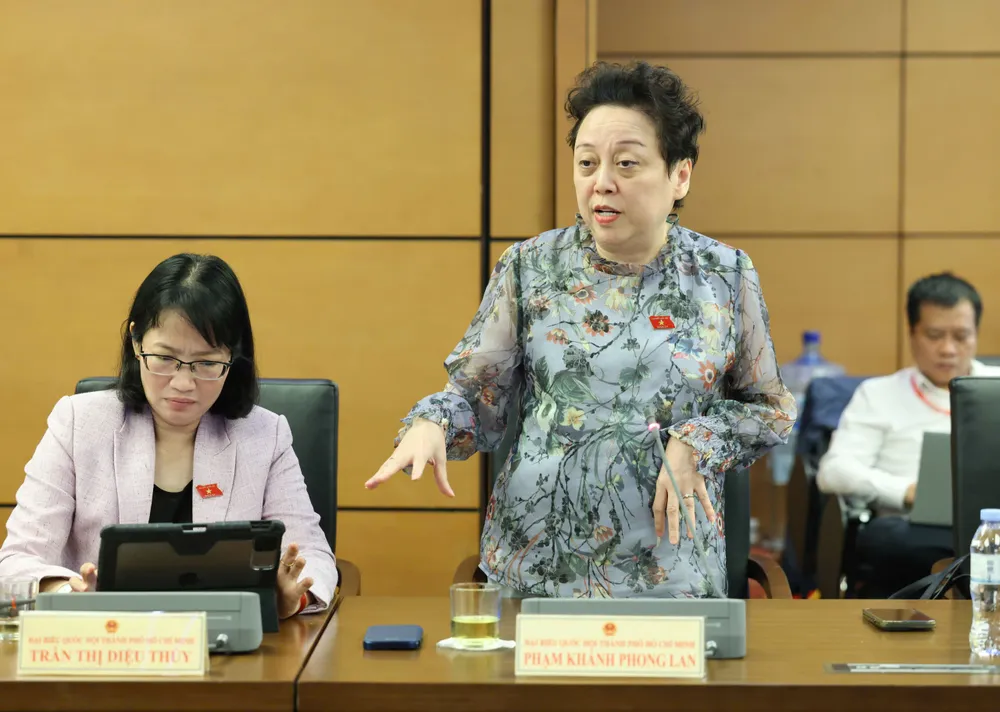
Deputy Pham Khanh Phong Lan also "complained" about administrative procedures when transferring and importing technology. "A public hospital wants to import a modern machine, but after going through the procedures and handing over, the machine is outdated compared to the world," the Deputy said. According to her, reality shows that most public hospitals do not dare to buy new machines, while private hospitals do the opposite, because the procedures are open.
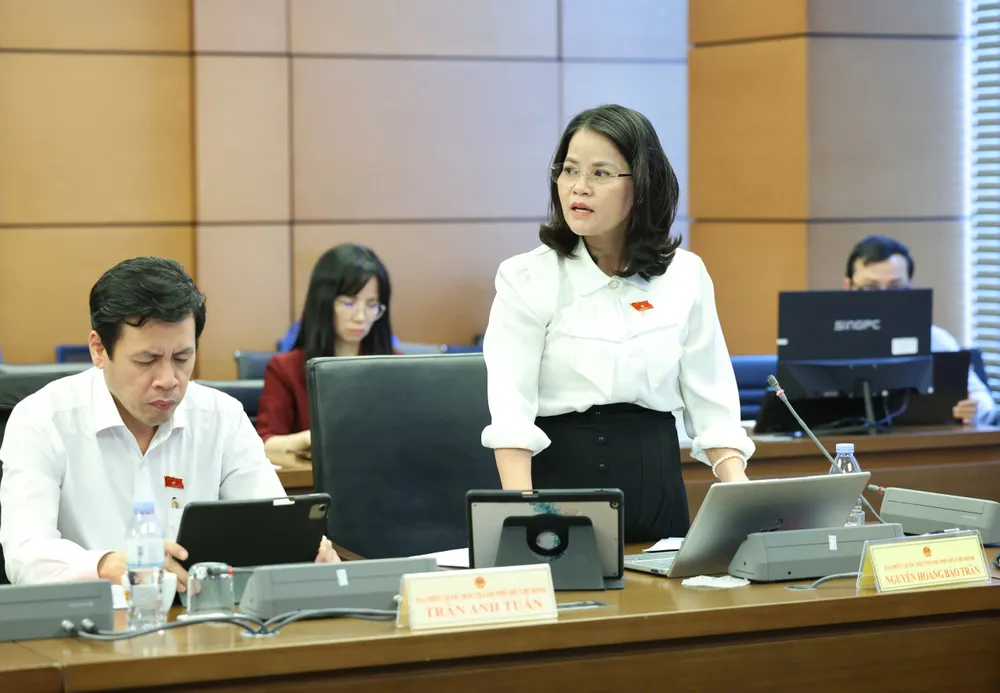
According to Deputy Nguyen Hoang Bao Tran (HCMC), the draft's omission of the clause on the content of the high-tech agricultural zone is inappropriate. This issue has been implemented for more than 10 years, and has had initial results, with leading models. The HCMC High-Tech Agricultural Zone has a cultivation value 10 times higher than traditional agriculture, and is a place to transfer high-tech agriculture to the entire Southeast region.
“The reason for abolishing is not convincing when it is said that high-tech agricultural zones across the country are not operating effectively, so this model should not be included in the law. We cannot abolish them just because a few high-tech agricultural zones are operating ineffectively. If we abolish them, there will be no legal framework for high-tech agricultural zones to operate, while this is a core model for the formation and transfer of high-tech agriculture,” said Deputy Nguyen Hoang Bao Tran, suggesting that this content should be further improved instead of being abolished. Many voters and farmers also proposed to retain this law.
Responding, Deputy Vu Hai Quan (HCMC), Permanent Deputy Minister of Science and Technology, said that regarding high-tech agricultural zones, the drafting agency initially intended to remove them from the law because of concerns that management of this field still had some difficulties and was ineffective, but many opinions said that it was due to management responsibility. Therefore, the latest version of the draft has reinserted this content, and if approved by the National Assembly, it will still retain the content about high-tech agricultural zones.
Regarding the Draft Law on amending and supplementing a number of articles of the Law on Technology Transfer, Deputy Nguyen Hoang Bao Tran (HCMC) proposed that it is necessary to clearly state the technologies prohibited from transfer. The Deputy also suggested that it is necessary to regulate the appraisal of technologies that pose high risks to human health and the environment; it is necessary to clearly stipulate when technology appraisal is required, the appraisal period and the appraisal authority of the agencies.
Delegate Nguyen Thi Le (HCMC) proposed adding a mechanism to handle the discovery of outdated technology transfer and responsibility for compensation if environmental pollution occurs. The delegate said that in order for the law to be put into practice, it is necessary to add sanctions and monitor it in a practical way.
Source: https://www.sggp.org.vn/dbqh-de-nghi-khong-dua-noi-dung-khu-nong-nghiep-cong-nghe-cao-ra-khoi-luat-post822155.html


![[Photo] Prime Minister Pham Minh Chinh receives the delegation of the Semiconductor Manufacturing International (SEMI)](https://vphoto.vietnam.vn/thumb/1200x675/vietnam/resource/IMAGE/2025/11/06/1762434628831_dsc-0219-jpg.webp)
![[Photo] Closing of the 14th Conference of the 13th Party Central Committee](https://vphoto.vietnam.vn/thumb/1200x675/vietnam/resource/IMAGE/2025/11/06/1762404919012_a1-bnd-5975-5183-jpg.webp)




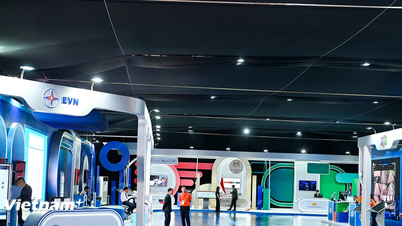

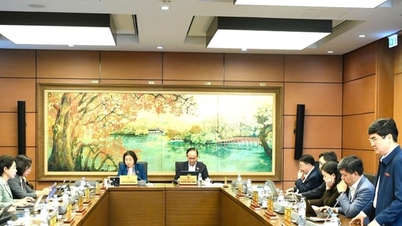

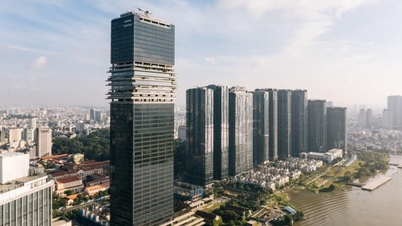

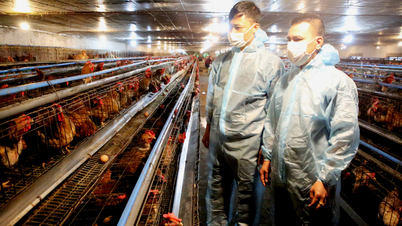

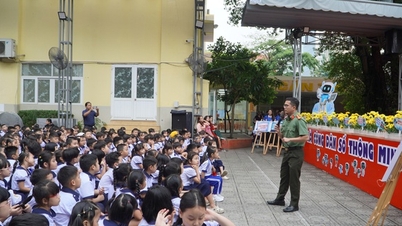

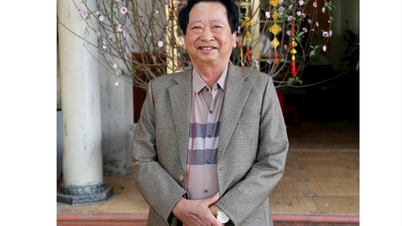

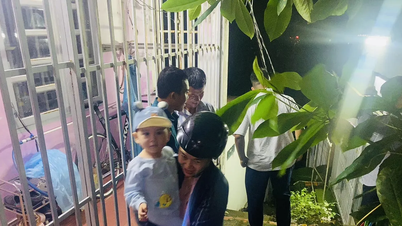
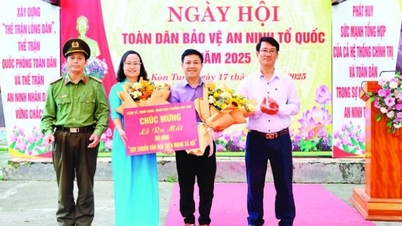

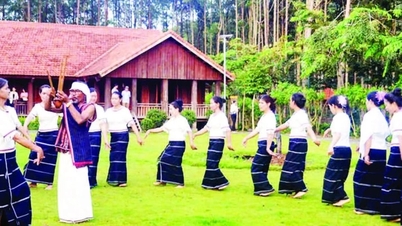
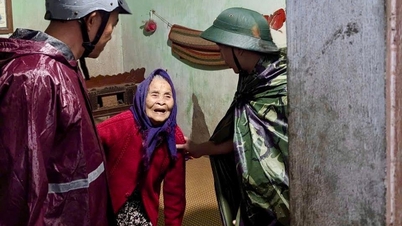







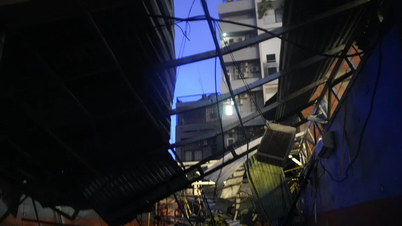
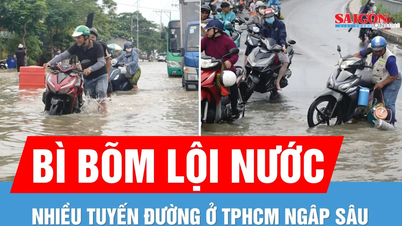
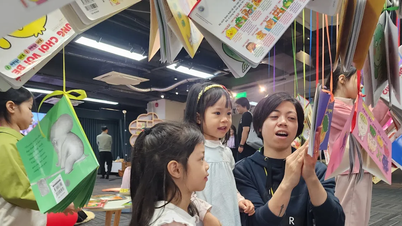
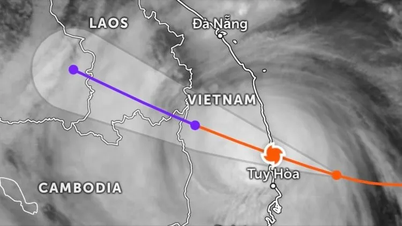
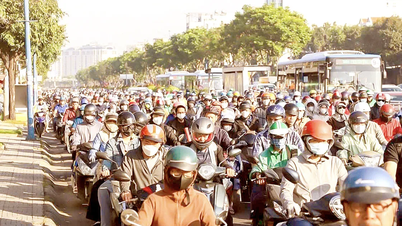






































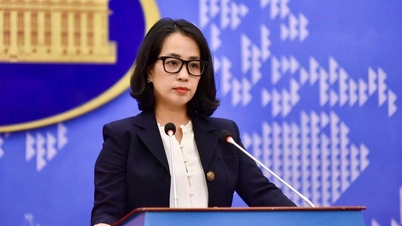
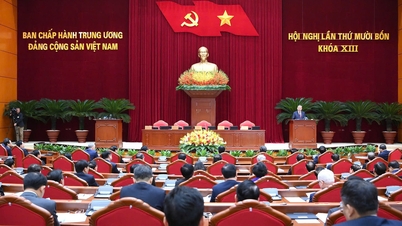
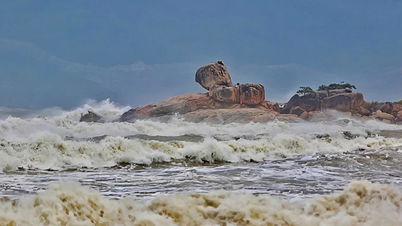

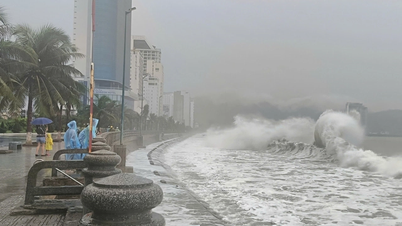
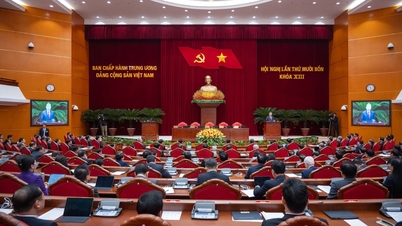









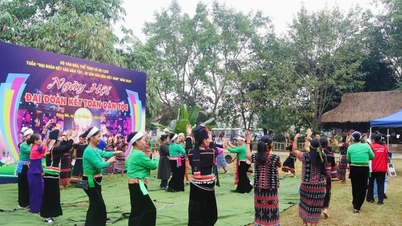
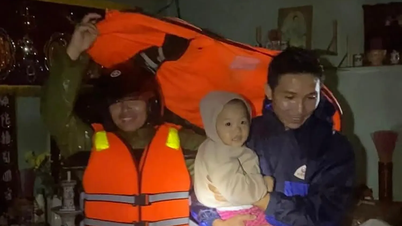

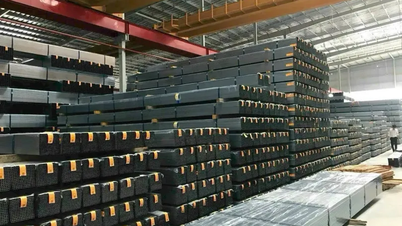

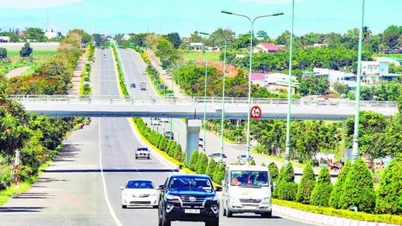










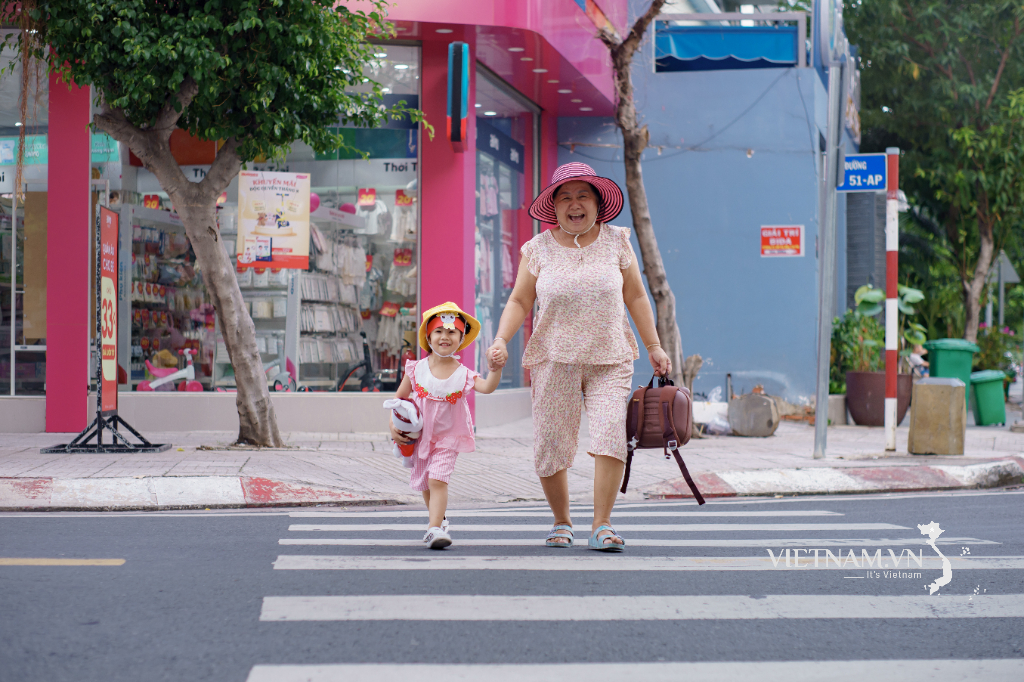



Comment (0)